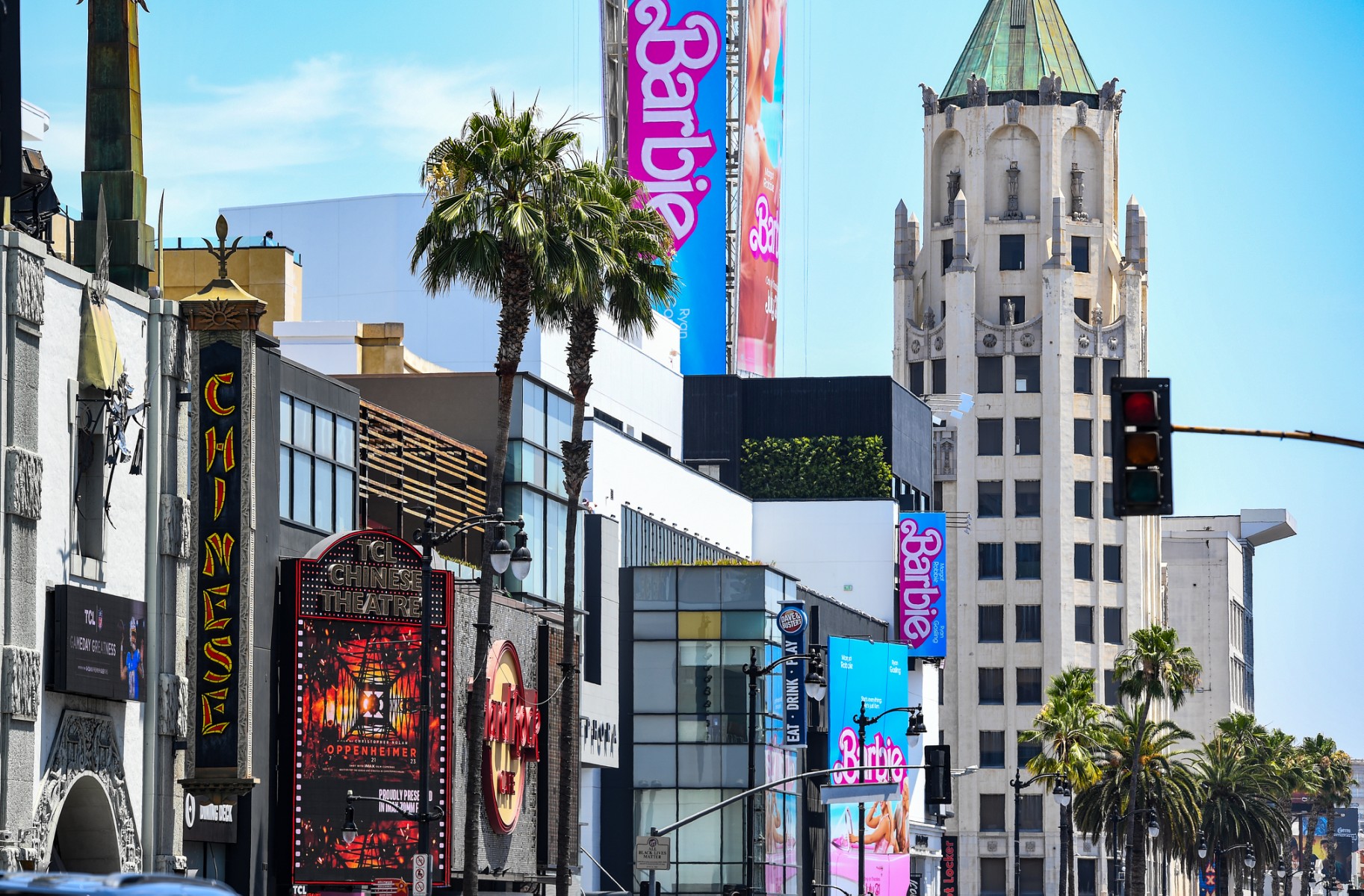Dubai, UAE – Vox Cinemas, the prominent Middle East exhibitor partnering with Warner Bros. for distribution, has decided to postpone the Middle East release of the popular Greta Gerwig film to August 31.
Initially slated for a July 19 release – just two days before its US debut – the delay comes as Warner Bros. seeks to address requested edits by censors pertaining to content perceived as related to LGBTQ.
The primary reason behind the postponement, as per an insider source quoted by Variety.com, is Warner Bros.’ efforts to accommodate the requested alterations by censors, who have expressed concerns about LGBTQ-related themes and dialogues within the film.
However, the likelihood of these edits being approved remains uncertain. Consequently, it is possible that “Barbie” may not see a release in several Middle East territories, including the influential Saudi Arabian market.
Other territories that might be affected include the United Arab Emirates, Kuwait, and Egypt.
A tweet from Saudi film and entertainment platform Movsto on Sunday evening indicated that “Barbie” will not be screened in Saudi Arabia, Kuwait, Qatar, the UAE, Egypt, and Bahrain.
The film’s bold portrayal of the iconic Western doll has sparked controversy within the Arab world. Historical bans on earlier “Barbie” movies in Saudi Arabia were linked to depictions of women in non-traditional gender roles and revealing attire. In a rapidly evolving Saudi society, the movie’s campy style and potential challenge to traditional gender norms may contribute to its contentious reception.
“Barbie” has already achieved blockbuster status globally, surpassing the $700 million mark at the worldwide box office. Industry analysts predict that the film’s box office earnings will likely exceed $1 billion over its theatrical run. While the censorship challenges in the Middle East may impact the film’s regional distribution, “Barbie” remains a significant success story on the global stage.







